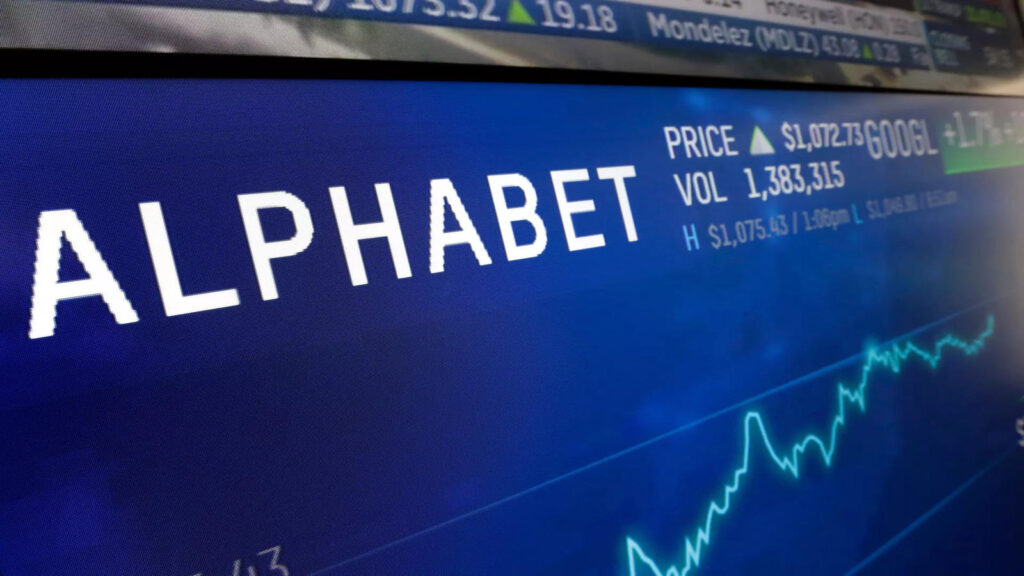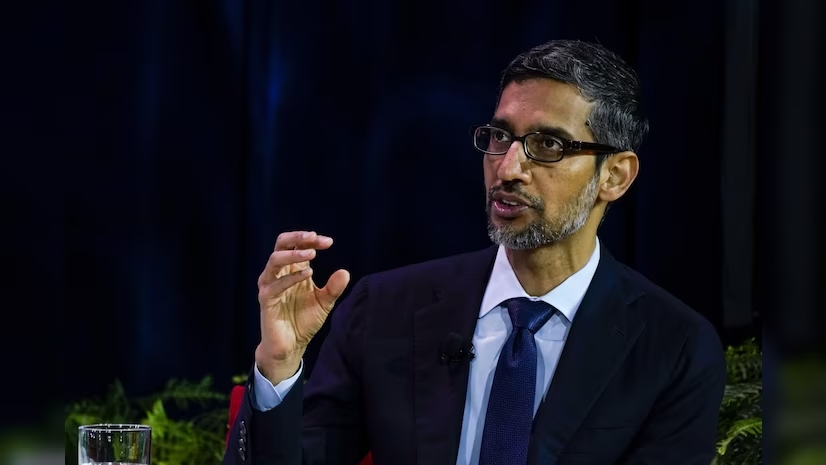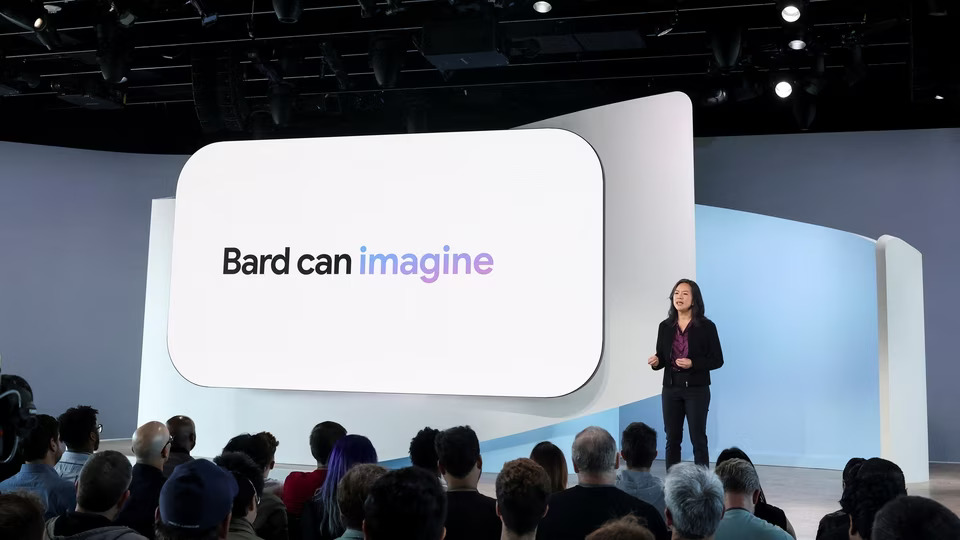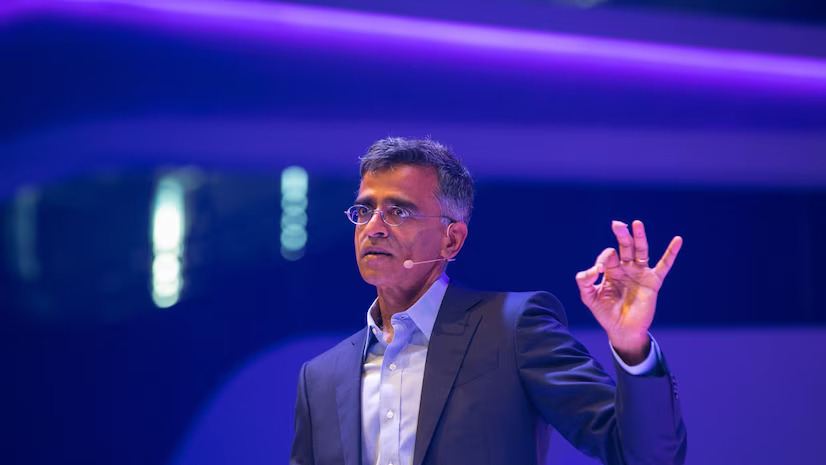Microsoft Overtakes Amazon and Google in the Cloud Computing Race
In the competition to recover from a two-year slump in cloud computing expenditure, Microsoft Corp. is outpacing its main competitors, Google and Amazon.com Inc.
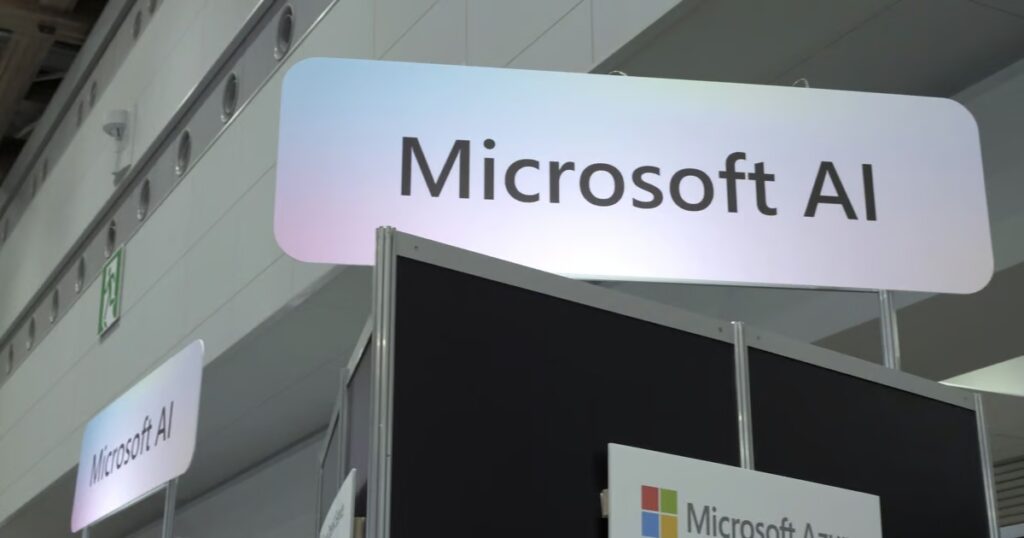
The September quarter revenue increase for Microsoft’s Azure cloud division was 29 percent, above experts’ projections. This rise was partly attributed to business clients’ engagement in emerging artificial intelligence technologies. Google parent Alphabet Inc. took a more measured stance in a separate report released on the same day in the previous week, stating that cloud customers are still in the process of decreasing costs. Additionally, Amazon.com Inc.’s cloud profit picture on Thursday was mixed, with operating revenues above analysts’ projections but sales were somewhat below expectations.
Following a frenzy of spending during the epidemic, firms devoted a large portion of 2022 and 2023 to what the largest software businesses metaphorically dubbed “optimization”, maximizing the usage of products they have paid for and seeking out areas where they might save costs. As a result, the largest cloud providers are searching for areas where they can cut costs as they compete for significant deals in an increasingly difficult climate. As a result, they are looking for new methods to attract companies, such as by incorporating the newest artificial intelligence (AI) solutions that guarantee increased productivity.
“The world is going to be driven by workloads accelerating into the cloud,” said Stefan Slowinski, an analyst at BNP Paribas’s Exane. “CEOs make that decision based on gut, and right now they’re still being cautious.”
bqprime.com
The latest business choices on which cloud provider to choose have most likely been affected by the growing interest in creating and deploying applications based on artificial intelligence. Microsoft provides methods for utilizing different artificial intelligence technologies and has established itself as a frontrunner in the rapidly expanding field because it collaborated with OpenAI, the company behind the well-known ChatGPT content generation tool.
Also Read: Early Black Friday Offers! Get the Apple MacBook Air 2023 for only $1,049
Microsoft stated that this partnership, which allows Microsoft’s cloud customers to utilize the startup’s technology for designing their apps through a service dubbed Azure OpenAI, has helped drive the rise of new clients. Microsoft profits from OpenAI’s growing need for processing power since it made investments of a total of thirteen billion dollars in the company and provides its cloud services.

I am a student pursuing my bachelor’s in information technology. I have a interest in writing so, I am working a freelance content writer because I enjoy writing. I also write poetries. I believe in the quote by anne frank “paper has more patience than person
